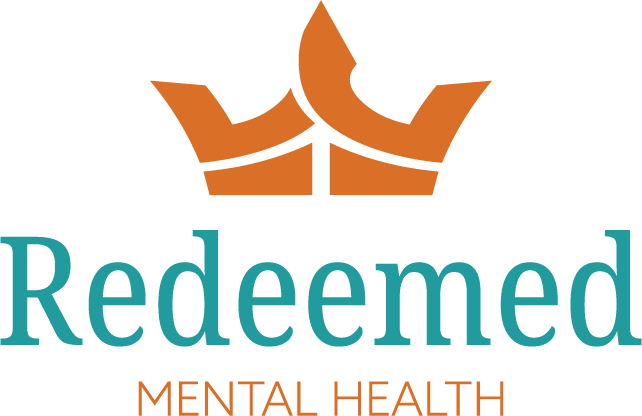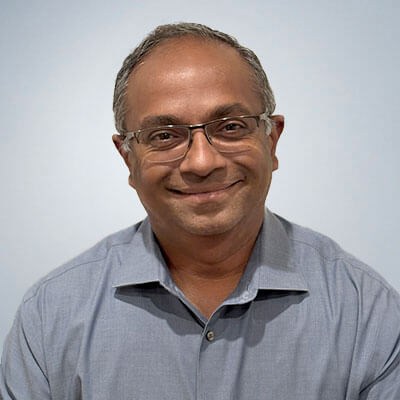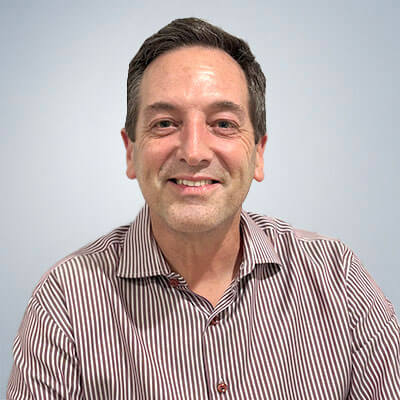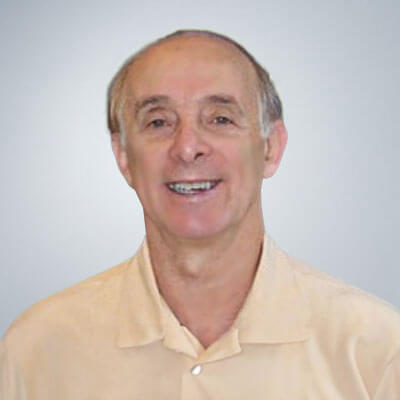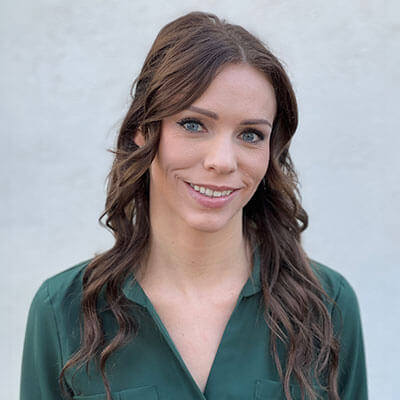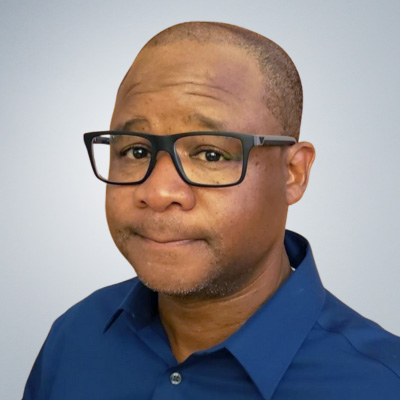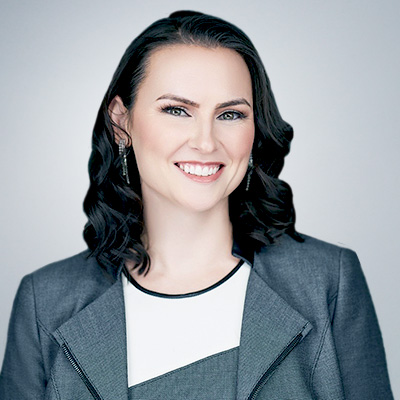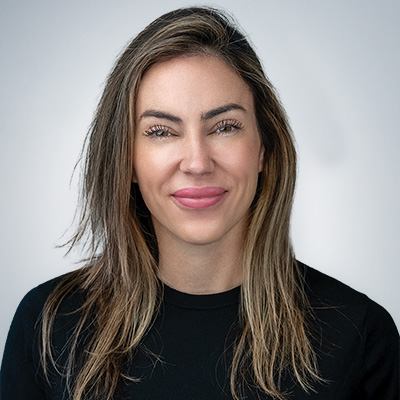
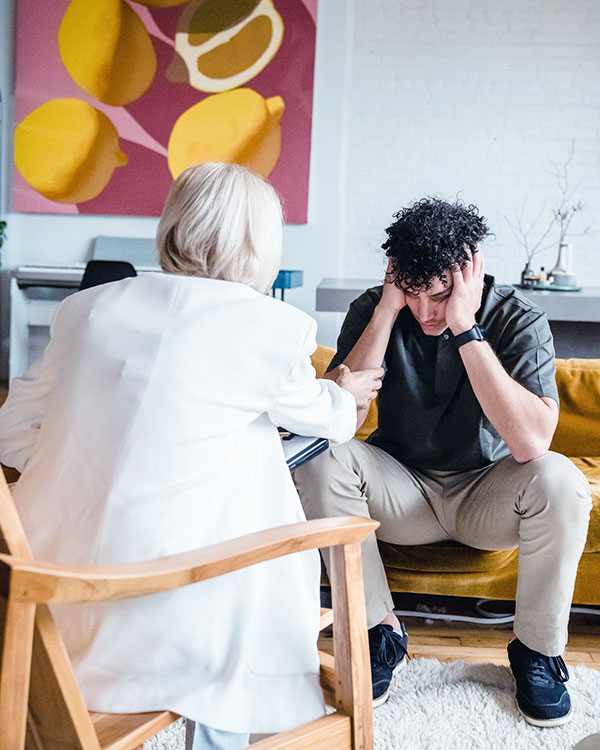
Depression
Depression, often referred to as major depressive disorder, is a mental health condition characterized by persistent feelings of sadness, hopelessness, and a lack of interest or pleasure in activities that were once enjoyed. It goes beyond the usual fluctuations in mood and can significantly impact daily functioning, relationships, and overall well-being. Symptoms of depression can vary but may include changes in appetite, sleep disturbances, fatigue, difficulty concentrating, feelings of guilt or worthlessness, and even thoughts of death or suicide. Depression is a serious condition that can affect people of all ages and backgrounds, but with proper diagnosis and treatment, it is manageable and treatable.
Treatment
A key component to treatment outcomes at Redeemed Mental Health, located in Newport Beach, California, is the use of measurement-based indicators. It is essential that your treatment team utilize evidence-based tools to determine your individual symptoms severity to measure, over time, your symptoms. This assists your team in identifying areas in your treatment which need improvement and what appears to be working for you specifically.
Depression is a complex and serious mood disorder that can affect various aspects of a person’s life, including their emotions, thoughts, and physical well-being.
Seek Professional Help
If you haven’t already, consider reaching out to a mental health professional, such as a psychologist or psychiatrist or other mental health treatment provider. They can provide an accurate diagnosis and recommend appropriate treatment options based on your specific situation.
Talk to Someone
Sharing your feelings with a trusted friend, family member, or therapist can provide support and help alleviate some of the emotional burden. It’s essential to have someone who can listen to you without judgment and offer encouragement.
Take Care of Yourself
Treat yourself with kindness. Engage in self-care activities that you enjoy and that promote holistic well-being. This may include exercise, maintaining a healthy diet, getting enough sleep, and practicing relaxation techniques like meditation or deep breathing exercises (CBT technique). At Redeemed Mental Health, our clients are fortunate enough to take group walks at Newport Beach Pier as a form of self-care.
Set Realistic Goals
When you’re feeling depressed, it can be challenging to find motivation. Start by setting small, achievable goals for yourself. Celebrate your accomplishments, no matter how small they may seem. Schedule a call to Redeemed Mental Health in Orange County, CA.
Stay Active
Engaging in regular physical activity has been shown to have a positive impact on mood. Exercise releases endorphins, which are known as “feel-good” chemicals. Even gentle activities like walking or stretching can be beneficial for treatment.
Challenge Negative Thoughts
Depression often involves negative thinking patterns. Pay attention to your negative thoughts and try to replace them with more positive or realistic ones. Cognitive-behavioral therapy (CBT) techniques can be helpful in identifying and changing negative thinking patterns.
Establish a Routine
Creating a daily treatment routine can provide some structure and stability, which can be particularly helpful when motivation is low. Aim for a consistent sleep schedule, regular meals, and dedicated time for activities you enjoy.
Reach Out for Support
There are various support networks available, both online and in-person, where you can connect with others who may be going through similar experiences. Consider joining a support group or participating in online forums or communities. Remember, it’s crucial to consult with a mental health treatment professional to receive an accurate diagnosis and personalized treatment plan for your depression. They can provide you with the necessary guidance and support throughout your journey toward recovery.
Depression Treatment Options
Depression treatment typically involves a combination of approaches tailored to the individual. It’s important to consult with a mental health professional to determine the most suitable treatment plan for your specific needs. Here are some common treatment options for depression:
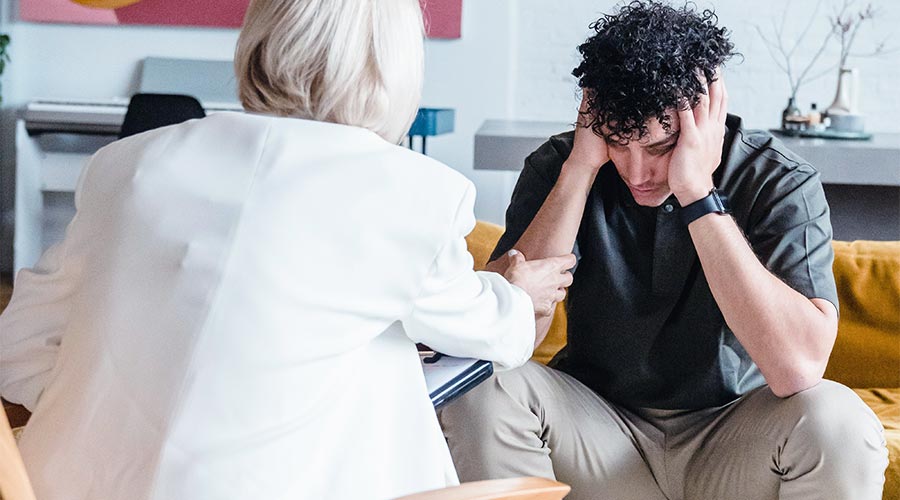
Psycho therapy
Psychotherapy, also known as talk therapy, involves working with a trained therapist to explore and address the underlying causes of depression. Different types of therapy, such as cognitive-behavioral therapy (CBT), interpersonal therapy (IPT), and psychodynamic therapy, may be used to help individuals develop coping strategies, challenge negative thoughts, and improve relationships.

Medication
Antidepressant medication may be prescribed by a psychiatrist or other medical professional. Common types of antidepressants include selective serotonin reuptake inhibitors (SSRIs), serotonin-norepinephrine reuptake inhibitors (SNRIs), and tricyclic antidepressants (TCAs). These medications can help balance brain chemicals involved in mood regulation. It’s important to note that medication should be prescribed and monitored by a healthcare professional, as they can have side effects and require careful management. This is an effective treatment to reduce symptoms with more rapidly.

Lifestyle Changes
Certain lifestyle modifications can contribute to managing depression. These may include regular exercise, adequate sleep, a balanced diet, and reducing stress. Engaging in activities you enjoy, maintaining social connections, and
practicing relaxation techniques can also be beneficial.

Support Networks
Having a strong support system can provide emotional support and understanding. This can involve reaching out to friends, family, or participating in support groups where you can connect with others who have experienced or are experiencing depression.
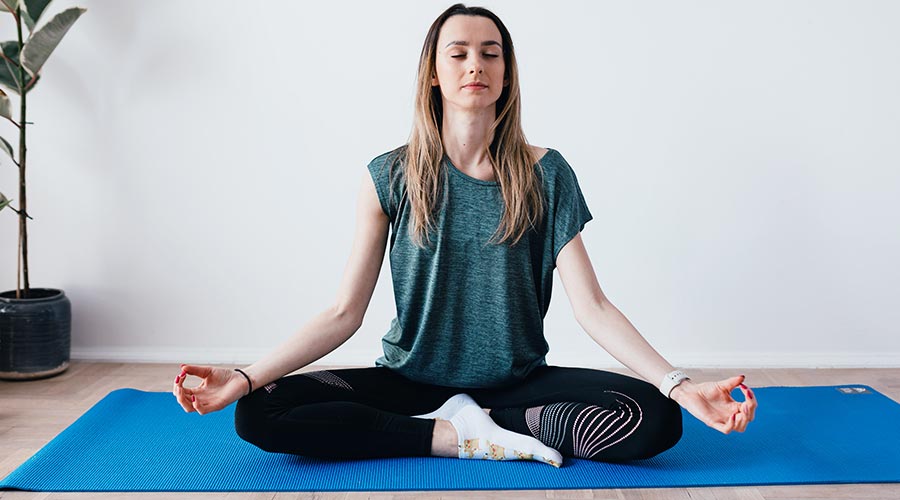
Alternative Therapies
Some individuals find complementary or alternative therapies helpful in managing their depression symptoms. Examples include acupuncture, yoga, meditation, and mindfulness practices. While these approaches may not be a substitute for evidence-based treatments, they can be used as adjuncts to traditional therapy and medication.
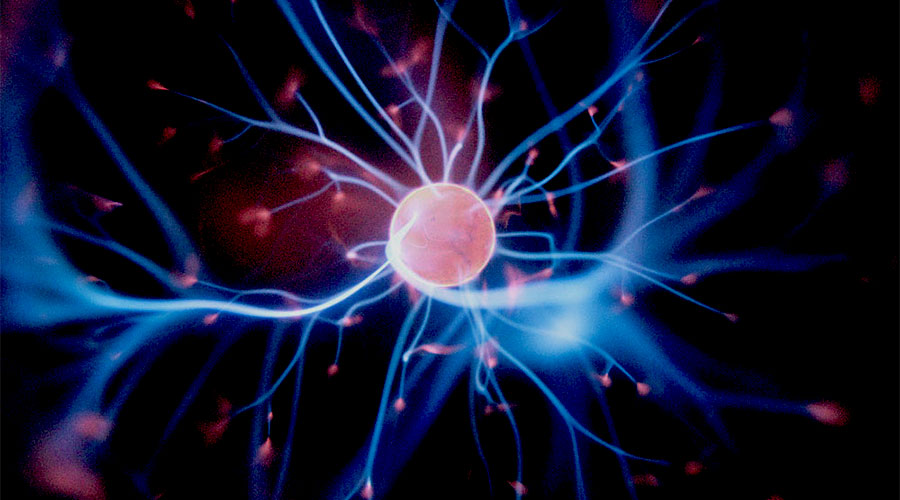
Transcranial Magnetic Stimulation (TMS)
TMS is a non-invasive procedure that uses magnetic fields to stimulate specific regions of the brain. It has been approved as a treatment for depression when other treatments have not been effective. TMS is typically administered in a clinical setting under the supervision of a healthcare professional.
It’s important to remember that depression treatment is not one-size-fits-all, and what works for one person may not work for another. A mental health professional can assess your specific needs and develop a personalized treatment plan. If you or someone you know is struggling with depression, I encourage you to reach out to a healthcare professional for support and guidance.
Therapists may also integrate different approaches and techniques based on the individual’s unique needs and goals. It’s important to work with a qualified mental health professional who can assess your specific situation and recommend an appropriate treatment approach.
Join the Journey to Healing
Begin Your Journey to a Brighter Life, Free from Mental Health Struggles! Call us today.
Depression Treatment Research
National and international clinical practice guidelines for the treatment of Depression recommend face-toface psychotherapy, pharmacotherapy, or a combination of both (Nice, 2010; Spijker et al., 2013). Psychotherapy is a universal term for multiple therapeutic approaches (i.e. Cognitive Behavioral Therapy, Behavioral Activation, Problem Solving Therapy and Interpersonal Psychotherapy.)
Evidence from ample meta-analyses and randomized controlled trials (RCT) support the effectiveness of these psychological therapies, with similar outcomes on depression (Cuijpers, 2017). Cognitive Behavioral Therapy (CBT) largely represents the most widely empirically supported and studied treatment orientation. The central assumption of this theoretical framework is that depression is caused and maintained by unhelpful, maladaptive cognitions and behaviors.

Corrections of dysfunctional thinking patterns may reduce depressive symptoms and moreover the likelihood of future relapse into depressive episodes (Beck, Rush, Shaw, & Emery, 1997). CBT is delivered in a structured and collaborative manner, wherein both patient and therapist are active in all treatment phases. The alternative treatment option for depression is antidepressant medication. Psychotherapy and pharmacotherapy have shown comparable effects in the treatment of depression (Cuijpers et al., 2013; Kappelmann et al., 2020). Evidence has been found that combined treatment of depression is superior to pharmacotherapy alone, but that psychotherapy can be as effective as combined treatment in the long-term (Karyotaki et al., 2016).
“Dr. Andrea Wagner is a true mental health expert who has profoundly impacted my life. Her expertise, compassion, and genuine care have helped me navigate through challenging times. I am grateful for her guidance and highly recommend her to anyone seeking support on their mental health journey in Orange County.”

Jane Cooper
Client

Dr. Andrea Wagner
Dr. Wagner currently practices at Department of State Hospitals (California in-patient forensic psychiatric hospital) as an active member on multiple committees. She earned a Doctorate of Psychology in Clinical Forensic Psychology from The Chicago School of Professional Psychology. She has experience in various settings including the United States Army, UCI Medical Center (Partial Hospitalization Program; Adolescent), Juvenile Recovery Court (Substance and Behavioral Treatment), and the California Department of Corrections and Rehabilitation. She specializes in a broad range of psychiatric arenas in evaluations and treatment of multiple major mental illnesses.
